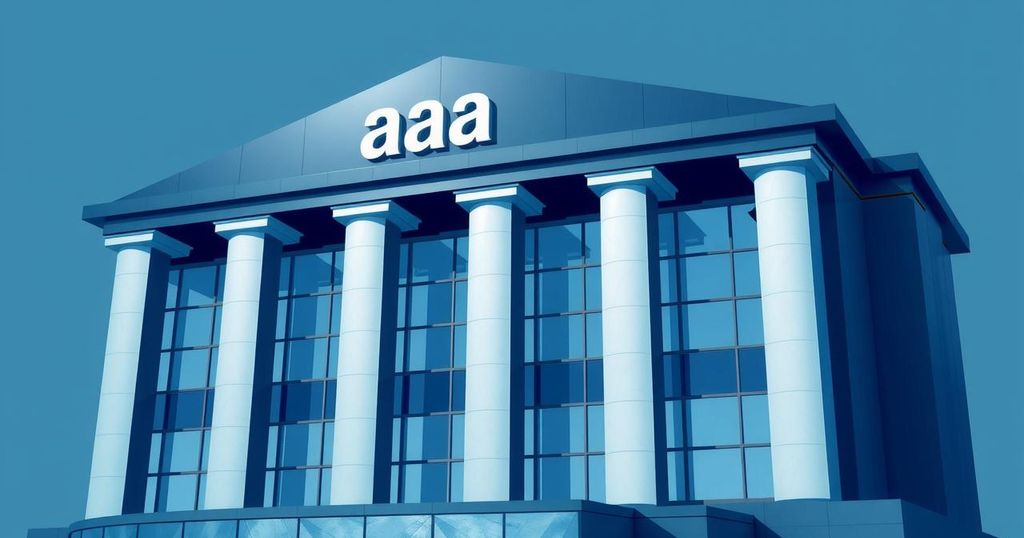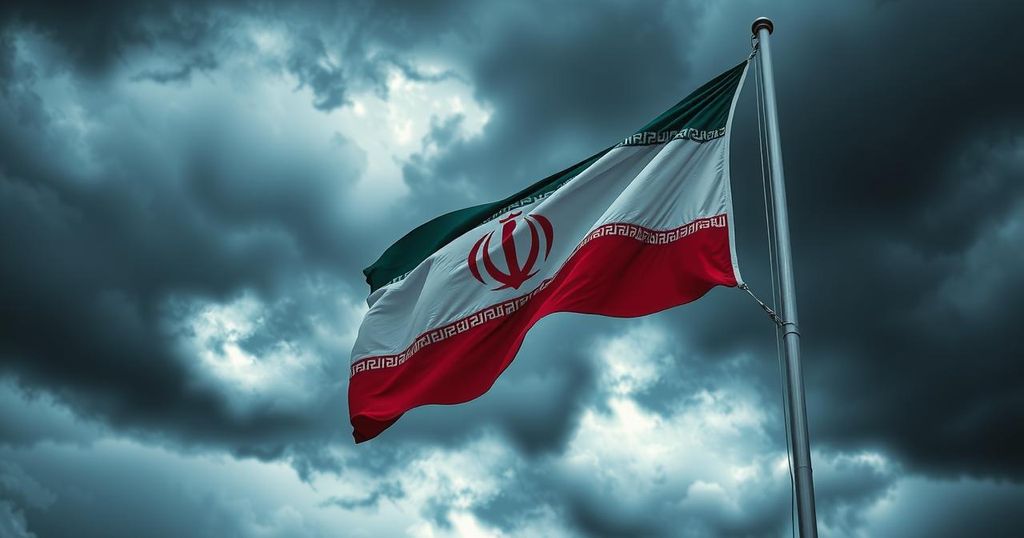Nigeria will begin repaying a $500 million health loan from the World Bank in 2029, with repayments lasting until 2054. The loan aims to improve primary healthcare services and requires performance-based disbursement. Despite favorable conditions, Nigeria faces concerns about growing external debt and currency depreciation. Future negotiations for additional loans aim to strengthen various sectors amid economic challenges.
The Federal Government of Nigeria is set to initiate the repayment of a $500 million concessional loan from the International Development Association starting in 2029, concluding in 2054. This financing, part of the Nigeria Primary Healthcare Provision Strengthening Programme (HOPE-PHC), focuses on improving primary healthcare services, particularly for maternal and child health, emergency medical care, and pandemic preparedness.
The management of these funds will involve the Federal Ministry of Health and Social Welfare and agencies such as the National Primary Healthcare Development Agency and the Nigeria Centre for Disease Control and Prevention. State governments will also collaborate through their relevant health ministries and agencies to implement this initiative.
Repayment details indicate that the loan will accrue interest at a rate of 1.65% annually until 2049, rising to 3.40% afterward. Payments will be made bi-annually on April 15 and October 15, with a commitment charge of 0.5% on unutilized funds and a service charge of 0.75% on withdrawn balances. The repayment cost is subject to change due to currency fluctuations.
Disbursement of funds will depend on achieving specific healthcare performance indicators, which include enhancing access to primary healthcare, bolstering emergency obstetric care, and improving the supply of essential medications. Significant resources will also be allocated to digital health infrastructure and ensuring more vulnerable populations enroll in health insurance programs.
Despite favorable loan terms, concerns exist regarding Nigeria’s escalating external debt and associated servicing challenges. The depreciation of the naira could significantly increase the repayment burden over the 25-year period. Approved on September 26, 2024, the operational phase is set for fiscal year 2025, ending in June 2029, leading to a prolonged repayment schedule spanning nearly three decades.
In addition to this health loan, the World Bank may approve $1.13 billion in additional loans for Nigeria before March 2025, aiding economic resilience, health security, and education reforms. Potential agreements include an $80 million program aimed at improving nutrition outcomes and a $500 million initiative focused on economic stimulus for community-driven projects. Furthermore, a $552.2 million program targeting educational quality improvements is also under negotiation.
These prospective loans arrive amid Nigeria’s ongoing economic difficulties, characterized by foreign exchange challenges, fiscal deficits, and soaring debt obligations. Reportedly, Nigeria spent approximately $5.47 billion on external debt servicing from January 2024 to February 2025. The increasing debt load presents a significant concern for the country’s economic stability and reserves.
In summary, Nigeria’s $500 million health loan from the World Bank highlights the nation’s commitment to enhancing primary healthcare services. Despite the particular focus and supportive terms, the implications of increasing external debt and currency depreciation raise significant concerns. Additionally, forthcoming negotiations for additional loans underscore the ongoing efforts to address Nigeria’s economic challenges and improve health and education sectors.
Original Source: punchng.com




